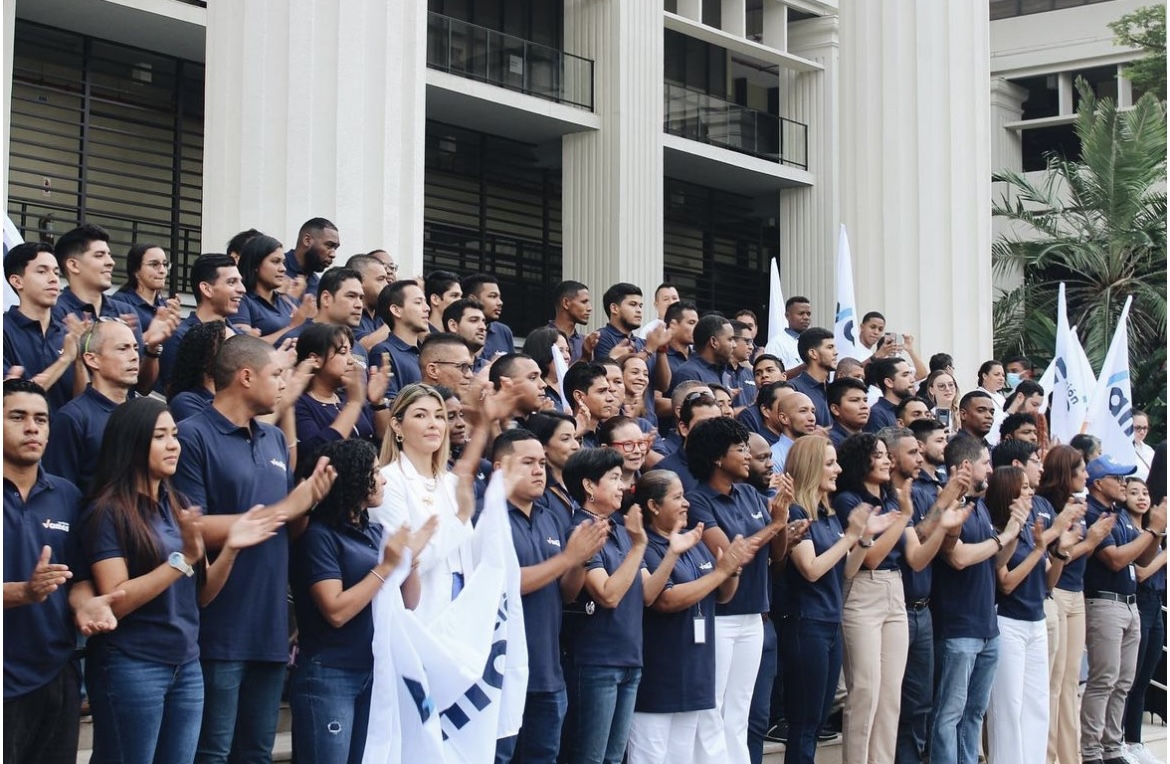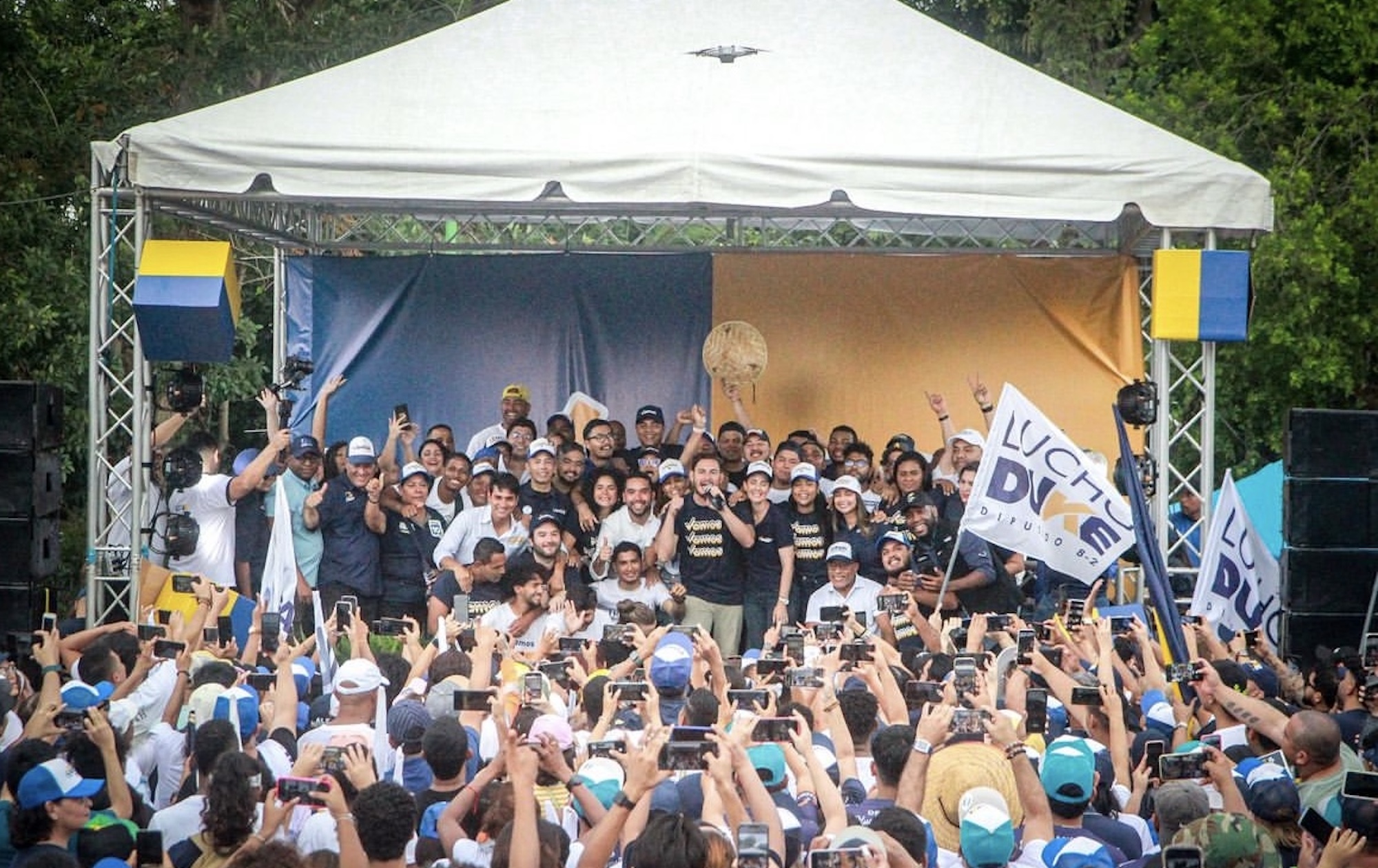Breadcrumb
This year, our alumni Gabriel Silva (MPP 2015) and Javier Yap Endara (MPP 2013) were honoured with the Chevening Alumni Award of the Year for their work with the project "Vamos por Panamá." This non-profit initiative, founded by Gabriel and Javier, has made significant strides in transforming Panamanian politics by supporting and training a new generation of candidates.
In a recent conversation with Gabriel, we explored the project’s outcomes and the influence of his time at the Blavatnik School on his career. Gabriel, who served in Panama’s National Assembly from 2019 until recently, shared how Vamos por Panamá has reshaped the political landscape in his country.
Gabriel’s tenure in the National Assembly was marked by his notable contributions to legislation on sexual education, mental health support, and conflict of interest. “Our focus was always on ensuring that policies were grounded in solid research and served the public interest,” he explained. His legislative work reflected the values he and his colleagues promoted through Vamos por Panamá.
Vamos por Panamá was established to leverage Gabriel’s political capital to support emerging leaders committed to reform. “I chose not to run for re-election, honouring my commitment from 2019 to only serve one term,” Gabriel said. “Instead, I focused on supporting independent candidates. We wanted to use our influence to foster a new generation of politicians dedicated to transparency and effective governance.”

To realise this vision, they created a rigorous training programme. “We opened applications nationwide and received over 800 submissions. From these, we selected 100 candidates,” Gabriel explained. Our programme covered public policy, economics, and campaign strategies, mirroring the principles and knowledge I gained at the Blavatnik School.
Reflecting on his studies at the School, Gabriel emphasised the significance of the Master of Public Policy (MPP) programme. “The MPP was pivotal in shaping my approach to public service. It’s not just about learning theories; it’s about applying them to real-world challenges. Courses on policy evaluation and anti-corruption were particularly influential,” he noted.
The MPP programme taught me to approach policy-making with a rigorous, evidence-based mindset. This has been crucial both in my legislative work and in the training we provided through Vamos por Panamá.
The MPP programme at the Blavatnik School is designed to equip future leaders with the skills and knowledge needed to address complex public policy challenges. Gabriel highlighted how specific elements of the programme were instrumental: “The Policy Evaluation course introduced me to using evidence to inform policy decisions, a practice that has become central to our work. Similarly, the anti-corruption course provided us with the tools to structure our approach to promoting transparency and integrity in politics.”

The impact of Vamos por Panamá has been profound. Over 30 of their supported candidates were elected to office, including 20 members of parliament, 2 key mayors (one in San Miguelito, the country’s second-largest city), and 16 local government representatives. “This success is significant for Panama, as it represents a shift towards more transparent and effective governance,” Gabriel noted.
Vamos por Panamá now holds the largest caucus in Panama’s Parliament, with 20 out of 71 MPs, making it the leading opposition group. The movement also achieved the highest success ratio for candidates elected (48%) and includes the highest percentage of women in Parliament (38% vs. 19% overall). With a campaign budget of $510,000, their cost per vote was significantly lower than that of traditional parties, further highlighting the efficiency and effectiveness of their approach.
Gabriel’s commitment to public service and the achievements of Vamos por Panamá highlight the significant influence of his education at the Blavatnik School of Government. By training a new generation of leaders in policy and transparency, Gabriel and his colleagues have made a lasting impact on Panamanian politics, demonstrating the School’s role in shaping effective leaders and promoting meaningful change.

